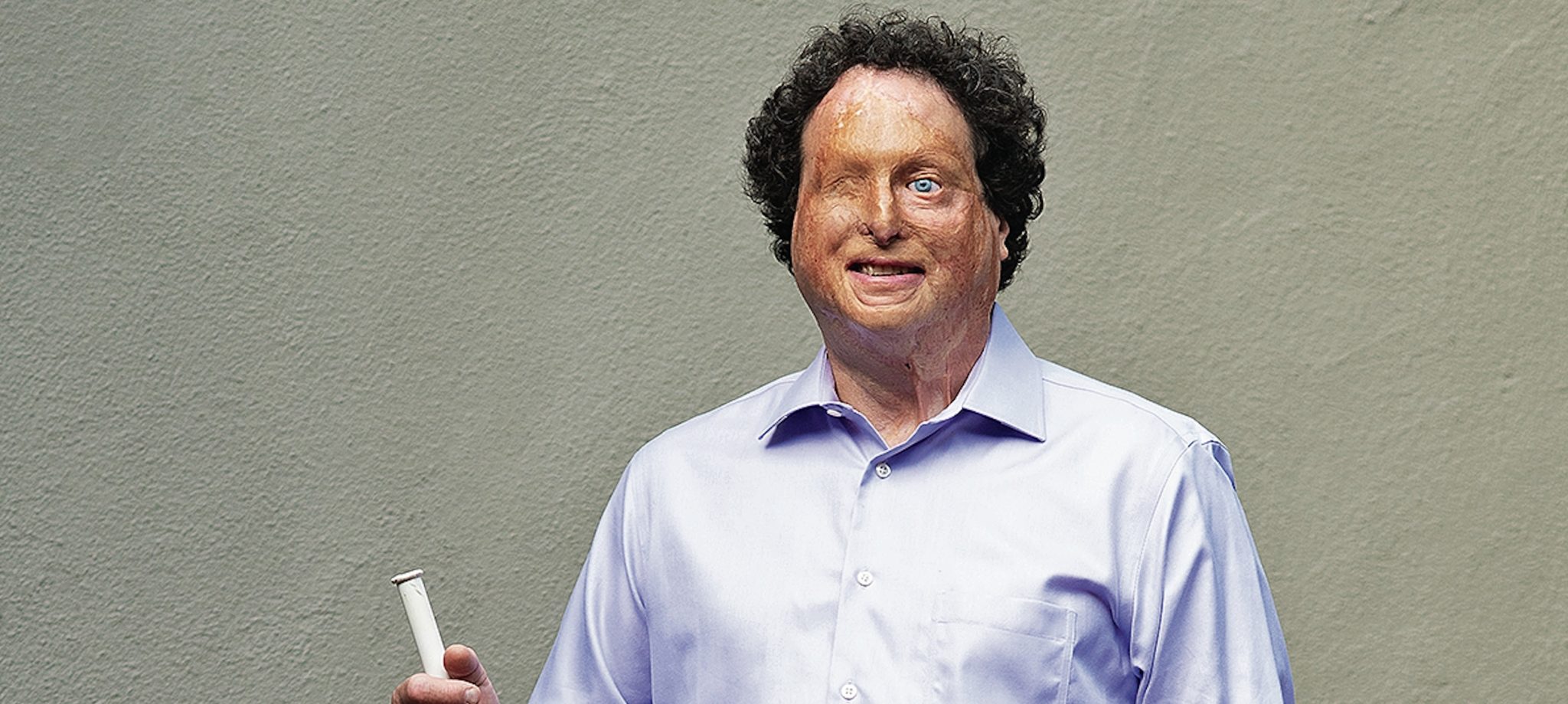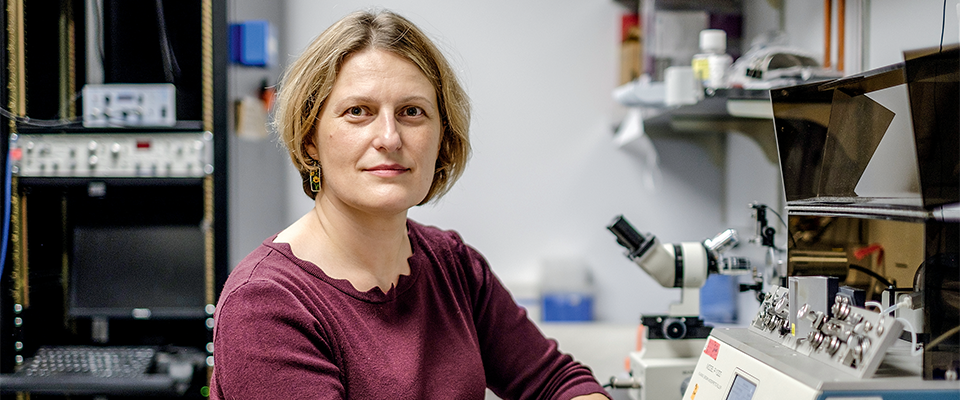When Joshua Miele received a text from a MacArthur Foundation representative asking to chat, he talked himself out of being too excited. He’d been asked to nominate colleagues before and was prepared to do so again. This time, though, they were calling to congratulate him. The MacArthur Foundation awarded the Berkeley alum (B.A. ’92, Ph.D. ’03) its legendary no-strings-attached “genius grant”—worth $625,000—for his work in blind adaptive technology. The foundation highlighted a few of Miele’s innovations, including TMAP, a software that creates printable tactile maps of any location, and YouDescribe, a platform that combines crowdsourced audio descriptions of YouTube videos with the original audio.
Miele’s road to the MacArthur began at Berkeley, studying alongside other visually impaired students in the windowless basement of Moffitt Library. Growing up, Miele didn’t have many blind role models. “I thought I was a real exception,” he says. At Cal, though, he was suddenly surrounded by blind “badasses.” Galvanized, he took a break from school to go work for Berkeley Systems, a software company making Apple computers accessible for the blind. He’d entered Berkeley intending to be a physicist, but by graduation, he had other plans. “Disability is so often framed in the context where people do things for, and I didn’t want things to be done for me,” he says. “I wanted to do the things for my people.”
Miele went on to earn a doctorate in psychoacoustics from Berkeley in 2003. He served as the board president for the LightHouse for the Blind and Visually Impaired, a nonprofit that provides job training and other vital services, and worked as a researcher and developer at the Smith-Kettlewell Eye Research Institute for more than a decade. Today, he’s a principal accessibility researcher at Amazon, where he’s focused on elevating accessibility for blind and low-vision users.
As for how he’ll spend the grant, he says he’d like to raise awareness of Berkeley’s pivotal role in the blind accessibility movement. Many of the leaders of the movement, including the first president of the National Federation of the Blind, came through or taught at Berkeley. Miele says he’s still considering how best to recognize this. A museum at the Clark Kerr Campus, which was the California School for the Blind before the University purchased the grounds in 1980, is one idea. One thing he knows for sure is that he wants to introduce more people to this history: “I like to say that all blind roads lead to Berkeley.”
Miele wasn’t the only Berkeley genius to be recognized by the MacArthur Foundation this year. Taylor Perron, Ph.D. ’06, a geomorphologist at MIT, was also tapped for his work “unraveling the mechanisms that create landforms on Earth and other planets.”



















